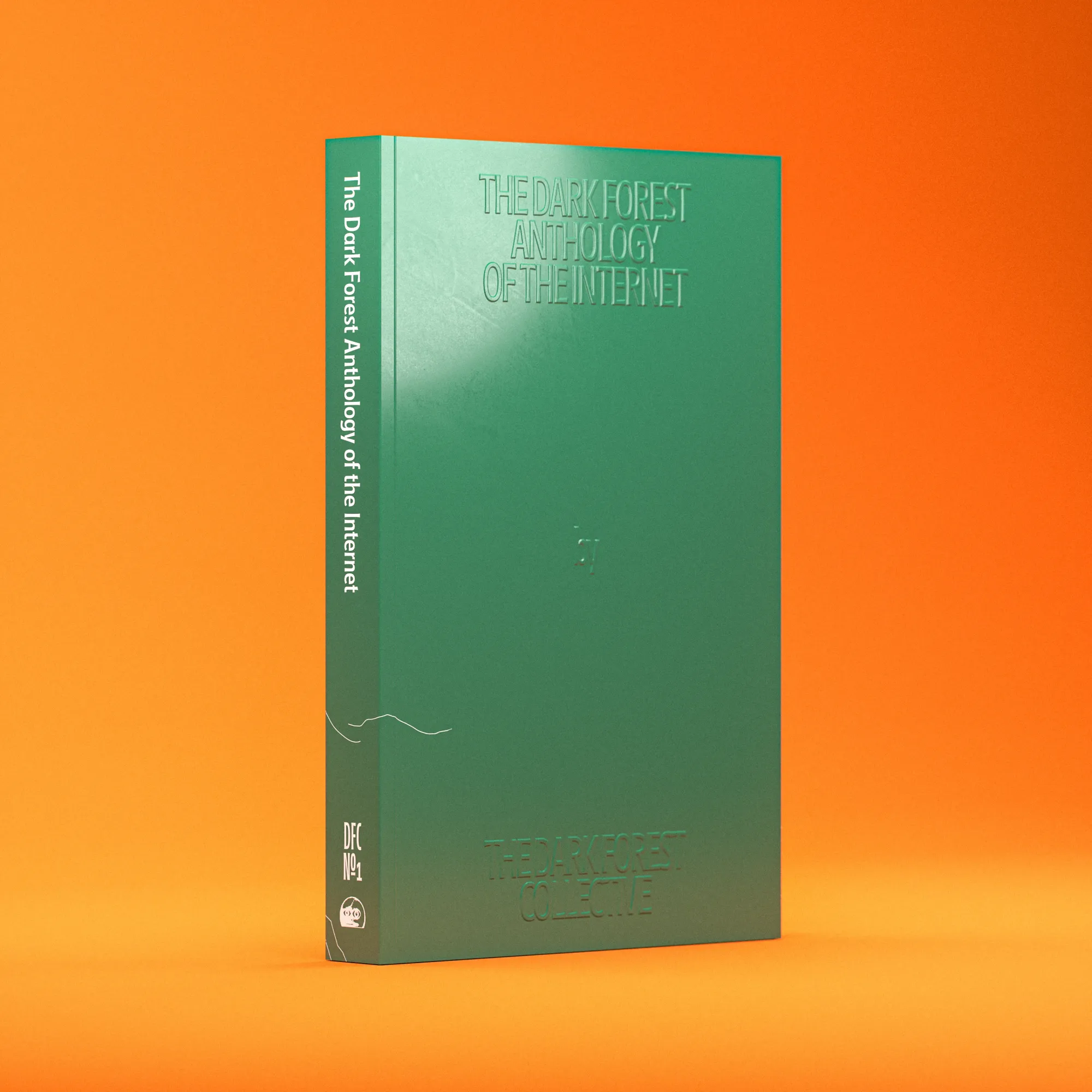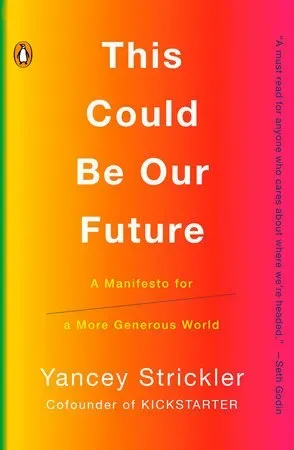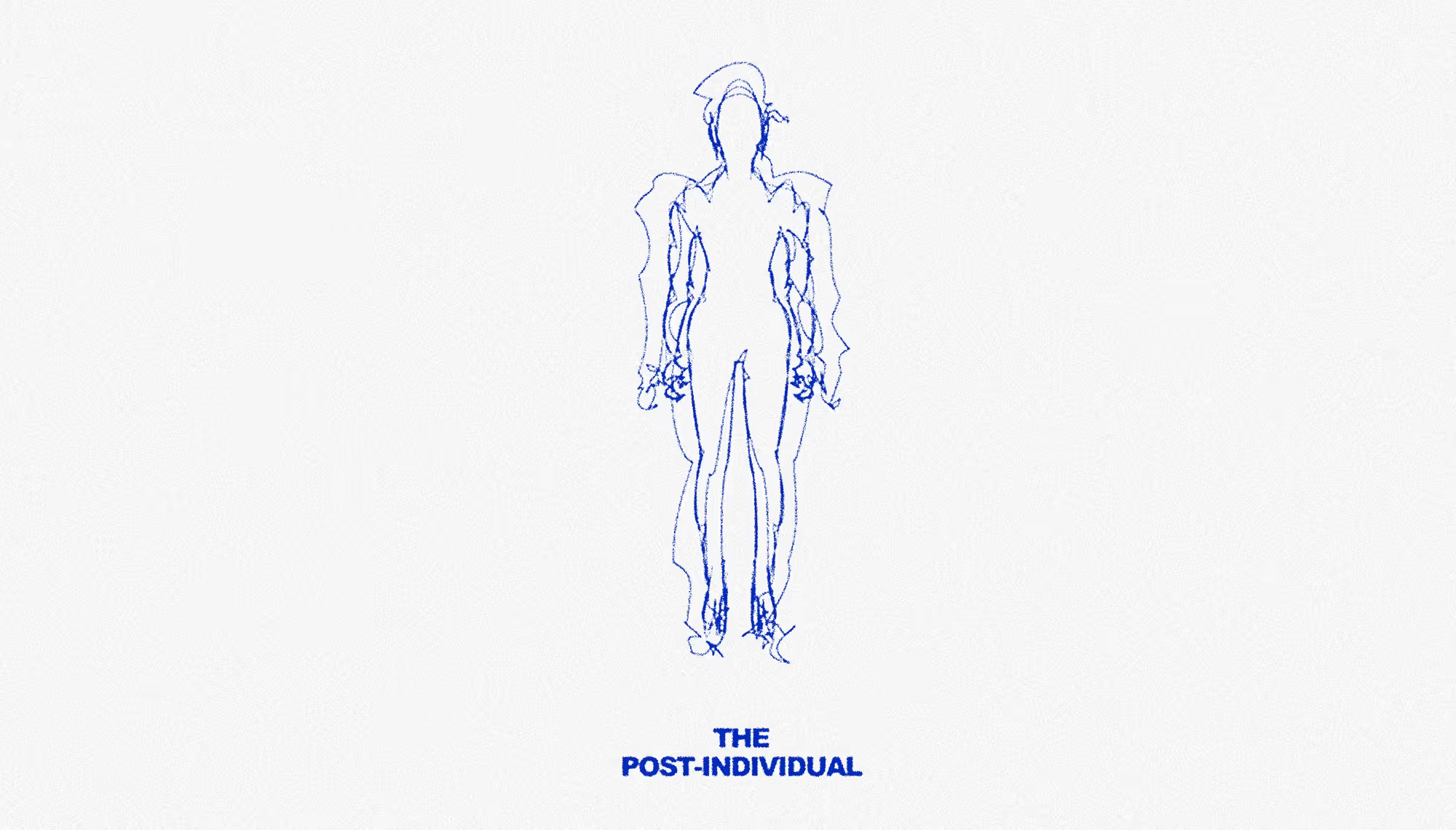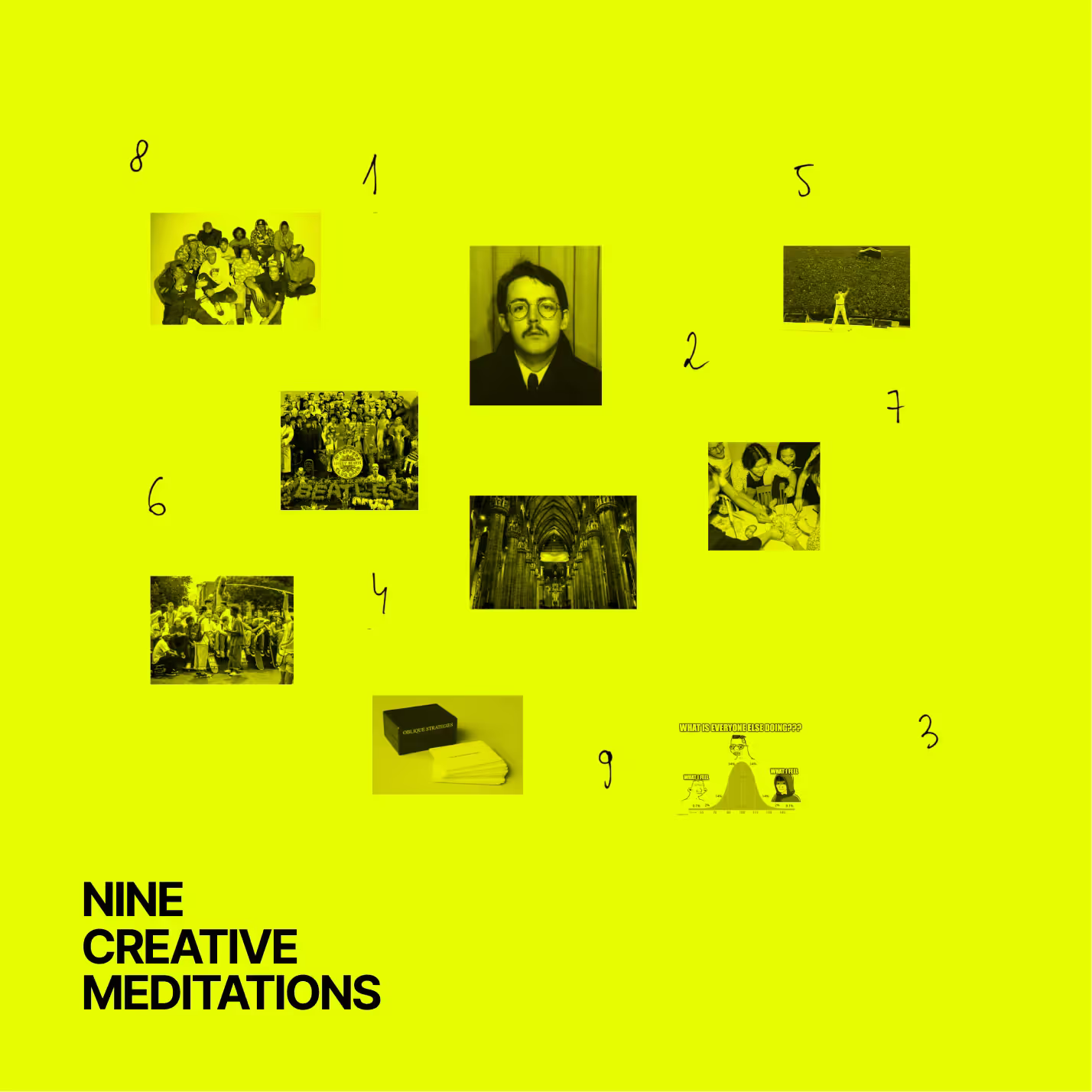Publications
The Dark Forest Anthology of the Internet
The Dark Forest Collective
02/20/2024
link

The Dark Forest Anthology of the Internet is a 208-page book that documents five tumultuous years when we learned how to live, create, and conspire on an increasingly adversarial internet.
The original “Dark Forest Theory of the Internet” essay was published by Yancey Strickler in a private newsletter sent to 500 readers. The post struck a chord and became widely shared, with hundreds of thousands of readers in the following weeks. The concept of the Dark Forest captured a feeling and sense of danger online that an increasing number of people shared.
In the years following, some of the most influential voices on the web and in culture built on, argued with, and expanded the original Dark Forest concept. "The Dark Forest Anthology of the Internet" brings those disparate pieces together into a canon of thought that defines a specific era of the internet.
The eleven authors include Yancey Strickler (Kickstarter/Metalabel); Venkatesh Rao (Ribbonfarm); Maggie Appleton; Peter Limberg and Rebecca Fox (The Stoa); Joshua Citarella (Do Not Research); Arthur Röing Baer and GVN908 (Moving Castles); Leith Benkhedda (DNR, Trust, and New Models); and Caroline Busta and Lil Internet (New Models).
The Anthology contains:
— The Dark Forest Theory of the Internet by Yancey Strickler
— The Extended Internet Universe by Venkatesh Rao
— The Dark Forest and Cozy Web by Maggie Appleton
— Chapel Perilous by Peter Limberg and Rebecca Fox
— We Need New Platforms to Tell New Stories by Joshua Citarella
— Proof of Vibes by Leith Benkhedda
— Moving Castles by Arthur Röing Baer and GNV908
— The internet didn’t kill counterculture; you just won’t find it on Instagram by Caroline Busta
— The Expanding Dark Forest and Generative AI by Maggie Appleton
— Holographic Meda by Caroline Busta and Lil Internet
— The Post Individual by Yancey Strickler
Hyperallergic review
Art in America coverage
Purchase
This Could Be Our Future: A Manifesto for a More Generous World
Viking Books
Oct 29, 2019
Link

A vision for building a society that looks beyond money and toward maximizing the values that make life worth living.
Western society is trapped by three assumptions: 1) That the point of life is to maximize your self-interest and wealth, 2) That we're individuals trapped in an adversarial world, and 3) That this is natural and inevitable. These ideas separate us, keep us powerless, and limit our imagination for the future. It's time we replace them with something new.
This Could Be Our Future is about how we got here, and how we change course. While the pursuit of wealth has produced innovation and prosperity, it also established an implicit belief that the right choice in every decision is whichever option makes the most money. The answer isn't to get rid of money; it's to expand our concept of value. By assigning rational value to other values besides money--things like community, purpose, and sustainability--we can refocus our energies to build a society that's generous, fair, and ready for the future. By recalibrating our definition of value, a world of scarcity can become a world of abundance.
Wall Street Journal review
Purchase
The Post Individual.zip
April, 2024
Link

An exploration of individuality after the internet.
An essay that explores the history of individualism, how it's been changed by the internet, and what it means for the future.
The Post-Individual.zip includes "The Post Individual" essay, an audio recording and video introduction by the author, and research notes behind the piece.
Nine Creative Meditations.zip
June 2024
Link

A series of vignettes sharing what I've learned in my creative work so far.
Available as both a PDF download, as well as a video essay.